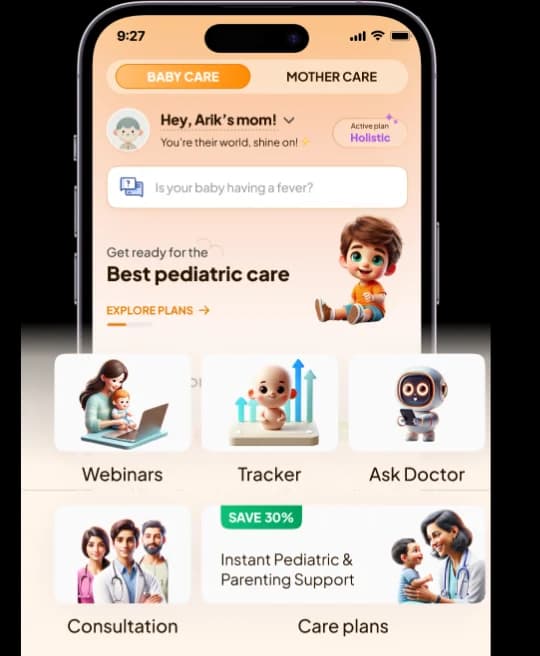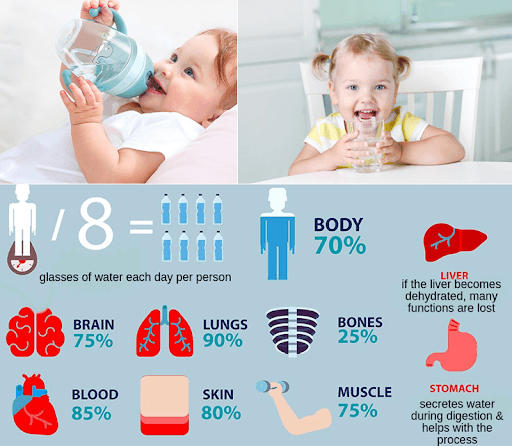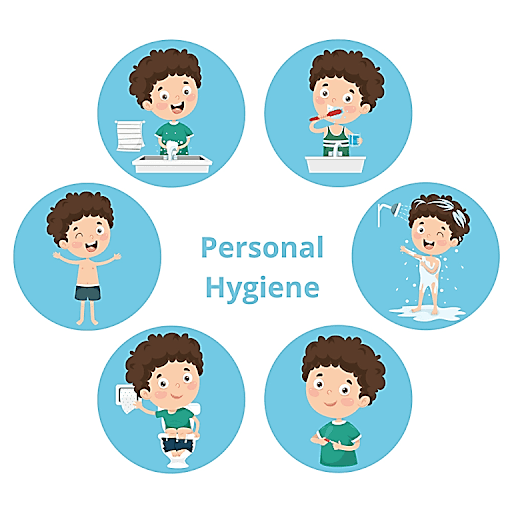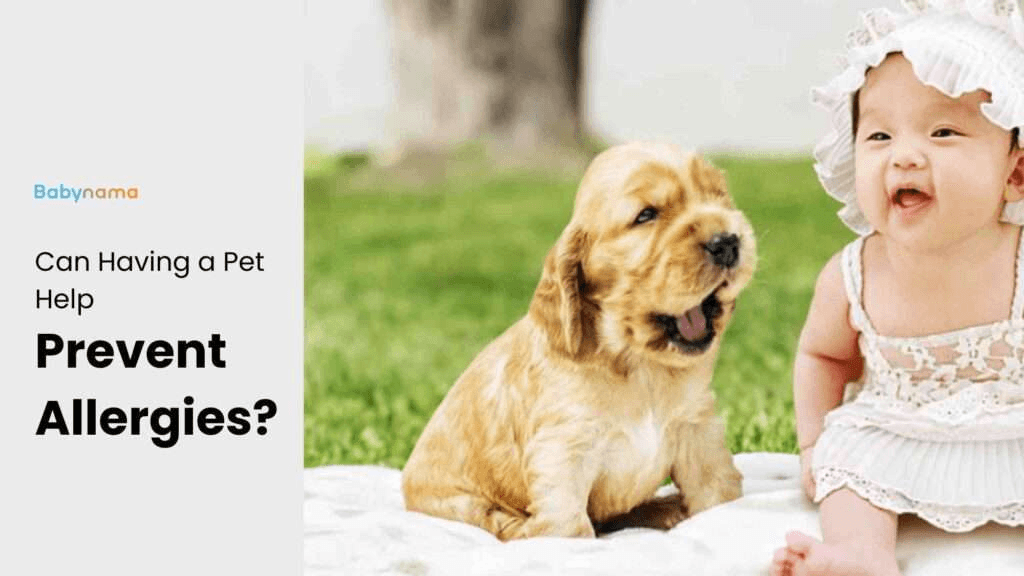
Dry, chapped lips in infants can be a source of discomfort for your little one, but it's a common issue that can be managed effectively. Understanding the causes and knowing the right steps to take can help keep your baby's lips soft and healthy.
Causes of Dry Lips in Infants
Dehydration: One of the most common causes of dry lips in infants is dehydration. Babies have a higher risk of dehydration due to their small body size and higher metabolic rate. Ensure your baby is getting enough fluids, especially during hot weather or if they are unwell.
Cold or Dry Air: Exposure to cold or dry air, particularly during the winter months, can lead to dry, chapped lips. The lack of moisture in the air can strip the lips of their natural oils, leading to dryness.
Frequent Lip Licking: Some infants develop the habit of licking their lips, which can worsen dryness. The saliva evaporates quickly, leaving the lips even drier than before.
Allergic Reactions: Certain foods, skincare products, or environmental factors can cause an allergic reaction, leading to dry, irritated lips.
Teething: During teething, babies may drool excessively, which can contribute to dry lips. The constant wetness around the mouth can irritate the skin, leading to dryness and chapping.

Steps for Parents to Avoid Dry Lips in Infants
Hydration: Ensure your baby is well-hydrated by offering breast milk or formula regularly. If your baby is older and has started solids, you can also offer small amounts of water.
Humidifier: Use a humidifier in your baby's room, especially during the winter months, to add moisture to the air. This can help prevent the air from drying out your baby's lips.
Lip Balm or Petroleum Jelly: Apply a baby-safe lip balm or a thin layer of petroleum jelly to your baby's lips to lock in moisture. Choose products that are free from fragrances and harsh chemicals.
Avoid Lip Licking: Gently discourage your baby from licking their lips. You can distract them with a toy or pacifier to help break the habit.
Protect from Cold Weather: When going outside in cold weather, cover your baby's face with a soft scarf or blanket to protect their lips from the harsh elements.
Monitor for Allergies: If you suspect that an allergic reaction is causing dry lips, try to identify and avoid the allergen. Consult with your pediatrician for guidance if needed.
Manage Teething: If teething is the cause, keep your baby’s face dry by gently wiping away drool and applying a protective barrier like petroleum jelly around the mouth.

Conclusion
While dry lips are usually not a cause for concern, there are instances when you should seek medical advice. If your baby's lips are persistently dry, cracked, or bleeding, or if you notice signs of infection such as swelling, redness, or pus, it's important to consult your pediatrician. These could be signs of a more serious underlying condition that requires medical attention.
By understanding the causes of dry lips and taking these preventive measures, you can help keep your baby's lips soft, healthy, and comfortable.





